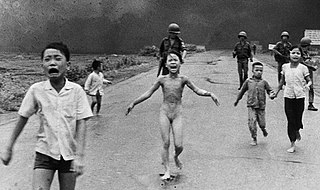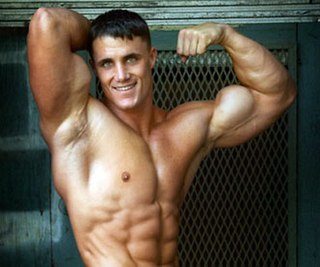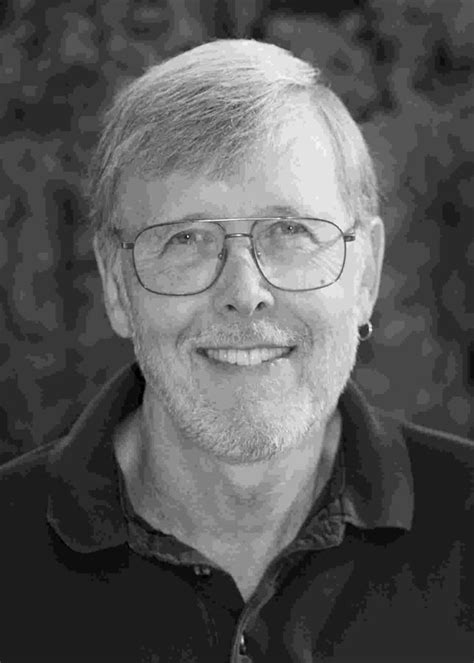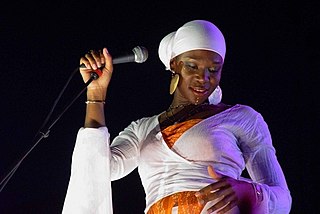A Quote by Karyn Kusama
I want people to leave the theater wrestling with the idea that our pain - physical, emotional, and spiritual pain - is more than just a condition that needs to be silenced, numbed, or "fixed."
Related Quotes
Pain - physical, emotional and spiritual pain - is more than just a condition that needs to be silenced, numbed or "fixed." Pain in all its forms is also a message, a kind of distress signal to our hearts and minds. There are times when it's really important to tune into that message and just listen to it. When we don't listen, our understanding of the world gets more and more distorted, and we become capable of doing things we very often regret.
Pain (any pain--emotional, physical, mental) has a message. The information it has about our life can be remarkably specific, but it usually falls into one of two categories: We would be more alive if we did more of this and Life would be more lovely if we did less of that. Once we get the pain's message, and follow its advice, the pain goes away.
Poetry has its uses for despair. It can carve a shape in which a pain can seem to be; it can give one’s loss a form and dimension so that it might be loss and not simply a hopeless haunting. It can do these things for one person, or it can do them for an entire culture. But poetry is for psychological, spiritual, or emotional pain. For physical pain it is, like everything but drugs, useless.
The longer I live the more I am convinced that neither age nor circumstance needs to deprive us of energy and vitality. We are at last awakening to the close relationship between religion and health. . . .our physical condition is determined very largely by our emotional condition, and our emotional life is profoundly regulated by our thought life.
Facing the darkness, admitting the pain, allowing the pain to be pain, is never easy. This is why courage - big-heartedness - is the most essential virtue on the spiritual journey. But if we fail to let pain be pain - and our entire patriarchal culture refuses to let this happen - then pain will haunt us in nightmarish ways. We will become pain's victims instead of the healers we might become.
Once the pain-body has taken you over, you want more pain. You become a victim or a perpetrator. You want to inflict pain, or you want to suffer pain, or both. There isn't really much difference between the two. You are not conscious of this, of course, and will vehemently claim that you do not want pain. But look closely and you will find that your thinking and behavior are designed to keep the pain going, for yourself and others. If you were truly conscious of it, the pattern would dissolve, for to want more pain is insanity, and nobody is consciously insane.
The very same brain centers that interpret and feel physical pain also become activated during experiences of emotional rejection. In brain scans, they light up in response to social ostracism, just as they would when triggered by physically harmful stimuli. When people speak of feeling hurt or of having emotional pain, they are not being abstract or poetic, but scientifically quite precise.
In the central cases of physical pain, then, it appears that at least part of what is bad about our condition is the way it makes us feel. Here there seem to be no problems with a purely mental state account, no counterpart to the experience machine that could bring us to think that we are being deceived by mere appearances. [...] If I am suffering physical pain then I can be quite wrong about the organic cause of my affliction, or even about whether it has one, without that error diminishing in the slightest either the reality of my pain or its impact on the quality of my life.




































